Clash of Clans: The Ascendancy and Decline of Base Construction Games
Aug-14-2024
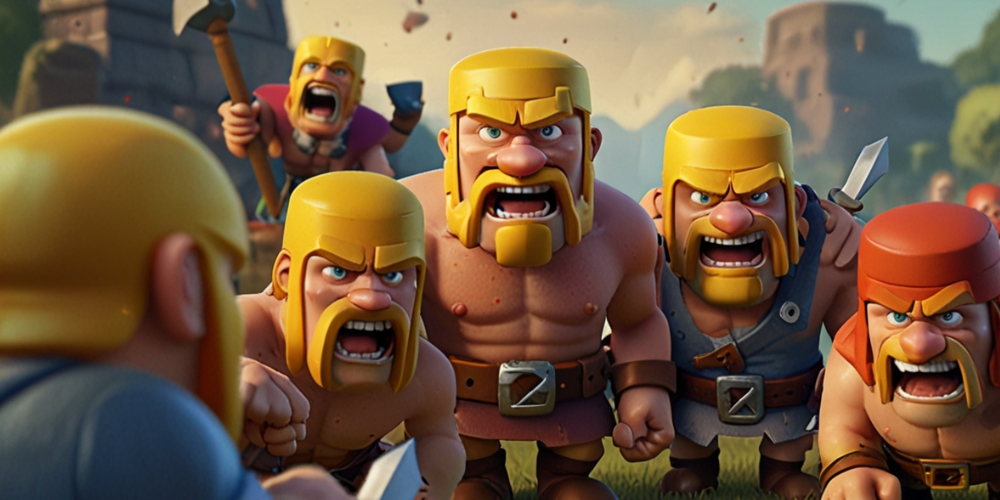
When I first stumbled across Clash of Clans, it was a revelation. At that time, mobile gaming was in its infancy, but something about the concept of building a base, training armies, and strategically battling against others captivated me. What started as a casual endeavor quickly became an obsession. This led me on a journey through the thrilling peaks and frustrating valleys of base-building games.
The Allure of Base Building
There was an inherent satisfaction in constructing my own virtual fortress. The process of upgrading walls and defenses gave me a sense of ownership over my creation. Every decision felt weighty; I needed to strategize around limited resources while planning for potential attacks from other players. The anticipation of those battles, marveling at the intricate designs of my enemy’s bases, had me engrossed.
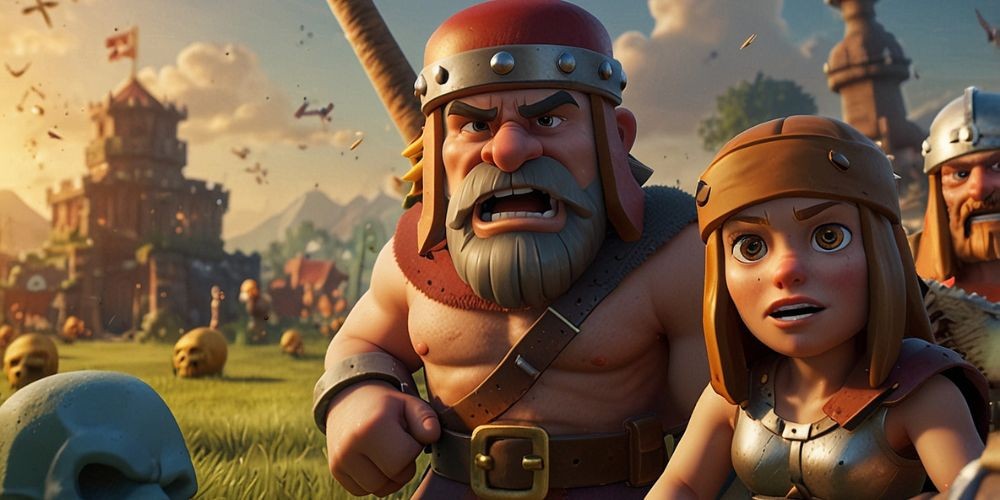
Community and Clans
The community aspect was another significant factor that heightened my experience. Joining a clan opened doors to collaboration and support. The camaraderie built from sharing strategies and troop compositions fostered friendships with total strangers from around the world. Each clan operated differently, creating a unique culture surrounding our collective goals. I found myself more invested in my clan than I anticipated, cheering fellow members on during wars and sharing in their victories.
Strategy Makes It Personal
Clash of Clans was more than just a game of tapping and clicking; it demanded keen strategic skills. Understanding troop types and their synergies became a crucial part of my gameplay. I experimented with various formations and attack strategies. I vividly remember the thrill of executing a perfectly planned raid, watching my forces execute my vision flawlessly. The satisfaction of victory was potent, driving me to refine my strategies further.
The Evolution of Gameplay
As the game evolved, Supercell introduced new mechanics to keep the gameplay fresh. The addition of builders, town hall levels, and the complexities of farming resources added layers that continually engaged my mind. Each new update was a reason to jump back into the game and explore the latest features. However, I also recognized the balancing act of keeping older players engaged while attracting newcomers, an ongoing challenge that left me pondering the longevity of these mechanics.
Chasing Competitive Tiers
With time, I couldn’t ignore the competitive nature that had begun to seep into my gaming experience. Climbing through ranks fueled a passion I hadn’t anticipated. The more I played, the more skilled I became, and I found myself striving to reach elusive trophies. The thrill of achievement surged with every win, pushing me to engage in more strategic play and to study the top players, trying to replicate their success.
In-Game Economy and Microtransactions
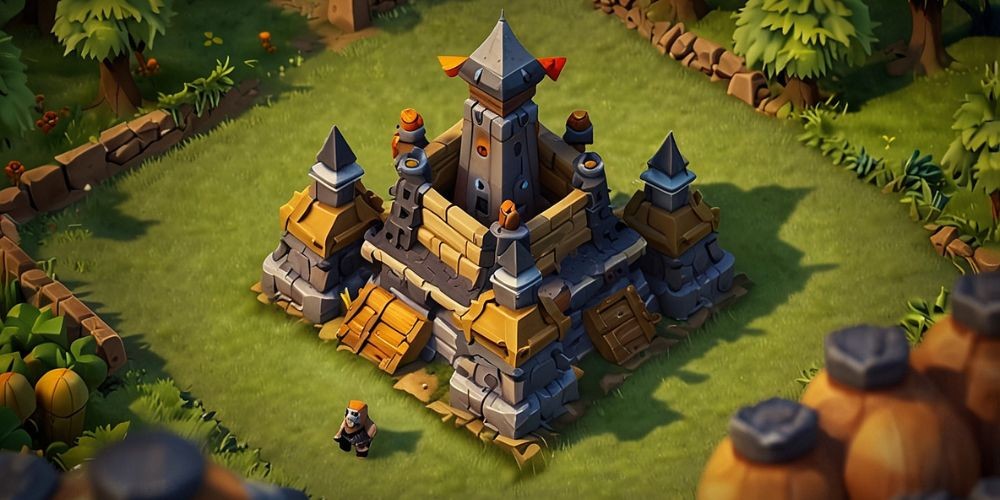
However, as I delved deeper, the game’s economy became a double-edged sword. The pace of progress felt increasingly slower, and I noticed a pronounced emphasis on in-game purchases. Though I enjoyed the game, the temptation to buy resources occasionally clouded my judgment. I grappled with the notion of fairness in a landscape where players could pay to speed up their experience dramatically. This introduced me to the complexities of freemium models, sparking discussions within my gaming community.
The Challenges of Resource Management
Resource management became a pivotal challenge. Balancing the spending and saving of elixir, gold, and dark elixir required careful planning. I found myself obsessively checking my game frequently to avoid running out of resources. This aspect of the game was captivating but also exhausting. It was thrilling to raid and gather resources, but the fear of being attacked and losing hard-earned treasures kept me on edge.
The Decline of Popularity
As time passed, I began to notice a decline in the popularity of base-building games. While Clash of Clans had struck gold, the genre became saturated with clones, and many players began to lose interest. Some moved on to more action-oriented or narrative-driven games. I felt a pang of nostalgia when I would see fewer familiar names in my clan and more vacant slots in others. It was a stark contrast to what was once an exciting, bustling community.
Clash Royale and the Shift in Focus
Supercell’s release of Clash Royale marked a turning point. While part of me was excited about the new game and its real-time strategy elements, I also felt a sense of loss as the era of traditional base builders seemed to be waning. The rapid-fire gameplay and shorter matches appealed to many players who sought immediate gratification rather than the slower, more methodical approach of base building.
The Rise of New Genres
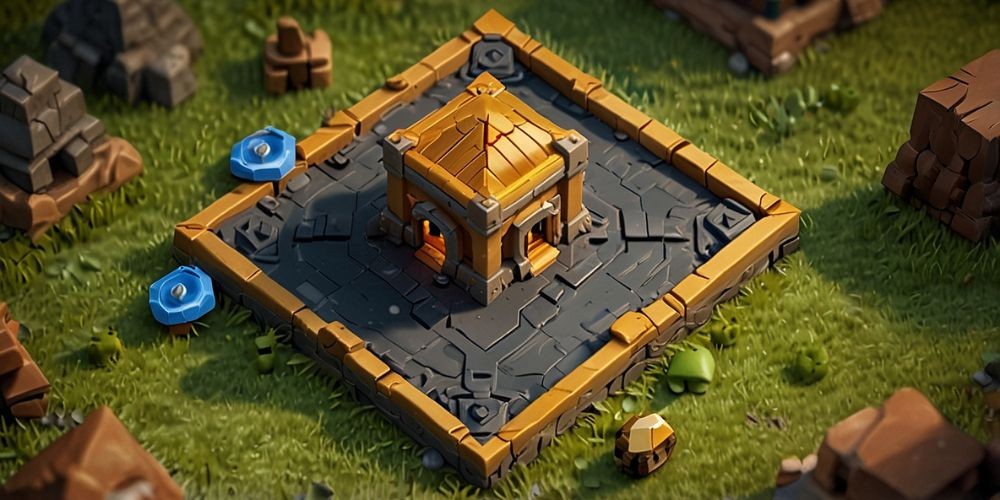
Exploration of new genres further altered the gaming landscape, with players gravitating toward Battle Royale games and multiplayer online battle arenas. These genres offered a more dynamic and competitive environment, utilizing reflexes and teamwork rather than the strategic planning that base-building games thrived on. I caught myself questioning if I could still engage with the slower pace that base-building games demanded.
Retrospective Appreciation
Looking back, I found a strange, nostalgic attachment to the memories of my time spent building and battling. Even as new trends emerged, the satisfaction of crafting an impenetrable base and executing tactical strategies remained vivid in my mind. The thrill of winning wars with my clan felt irreplaceable. It was a moment in gaming history that brought me joy and memories that would linger long after the hype died down.
The Transition to Other Titles
Post-Clash of Clans, I found myself cycling through different games in the base-building genre. Titles like Boom Beach and Rise of Kingdoms attempted to capture the magic that I felt with Clash of Clans, but none quite managed to fill the void. Each game felt different, with unique mechanics and themes, but none had the memories or sense of community that came from my original foray into base-building.
The Impact of Influencers and Streamers
The advent of influencer culture also changed how games were perceived. I became acutely aware of channel personalities who created content centered around Clash of Clans. These streamers not only showcased incredible gameplay but also encouraged viewers to share the game with others. However, the entertainment side sometimes shifted the focus from passionate base building to spectacle, causing some players to disengage from their original motivations.
Future of Base Building
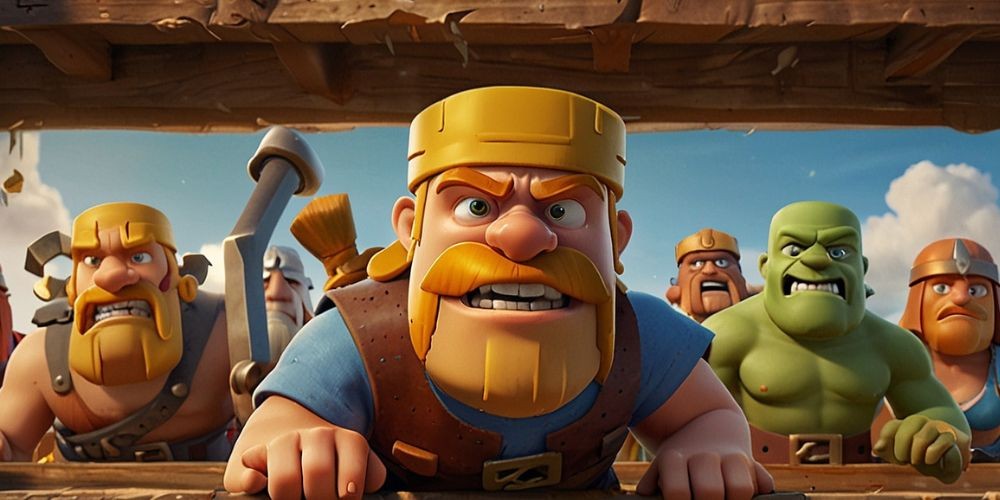
As I ponder the future of base-building games, I can’t help but feel both excitement and concern. Developers continue to experiment with hybrid mechanics, blending elements from various genres to breathe new life into the base-building concept. However, will they capture the essence that made games like Clash of Clans so compelling in the first place? I remain hopeful, eager to see how the genre evolves while holding onto the nostalgia of my gaming journey.
The Relics of a Beloved Era
These days, I still occasionally revisit Clash of Clans and similar games. My old bases lie dormant, a testament to the seasons I wrought battles within those digital walls. I have come to appreciate the intricate balance between nostalgia and engagement, as I reflect on my past experiences. No matter what I choose to play next, the skill set and memories I acquired from base-building games will always remain a cherished part of my gaming identity.







